
The Finance Curse
How the Outsized Power of the City of London Makes Britain Poorer
Recommendation
A thriving, dominant sector that draws money from around the world should help a country’s economy and benefit most of its people. But nations that boast abundant natural resources have a long history of passing profits to the wealthy as the rest of the populace becomes poorer. Journalist Nicholas Shaxson asserts that a similar pattern occurs in London’s financial sector, where growing wealth has inflated asset prices, promoted tax dodges and enriched a small segment of the population. His call for change may raise some eyebrows, but it may also open some policy makers’ and taxpayers’ eyes to a significant economic imbalance.
Summary
About the Author
Nicholas Shaxson is a journalist and the author of Treasure Islands and The Finance Curse.



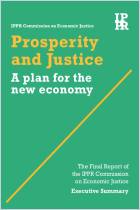
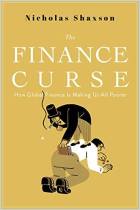
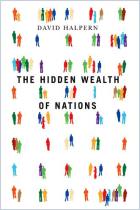
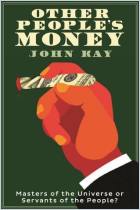
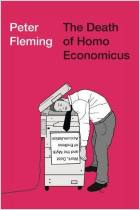





Comment on this summary